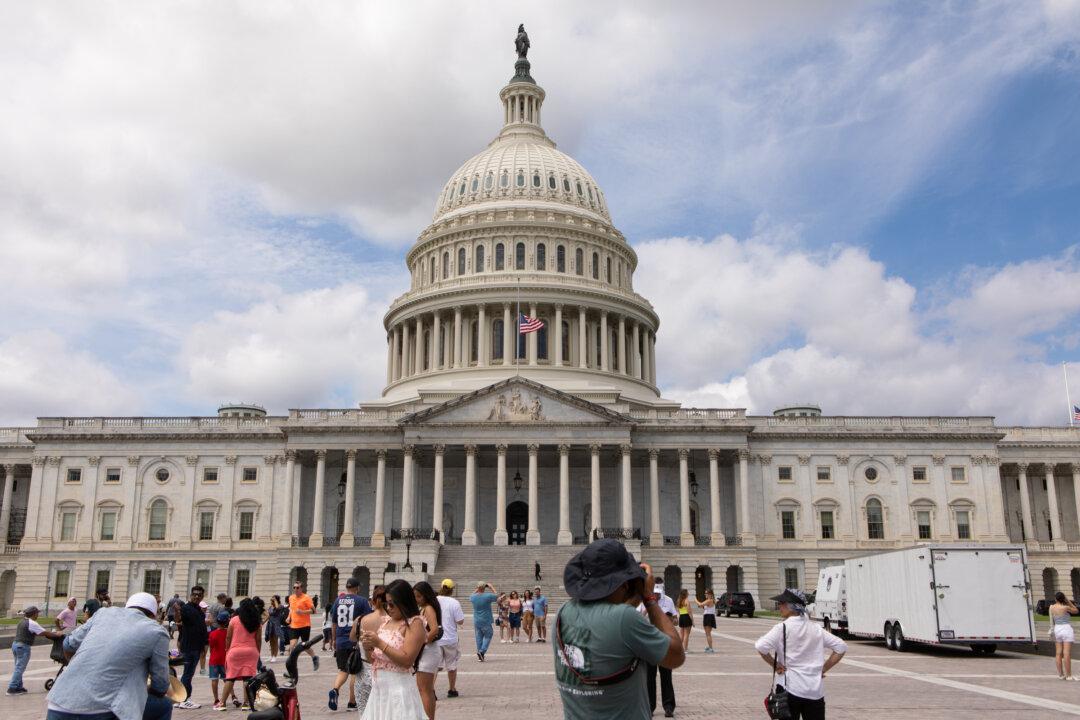Commentary
With Rep. Mike Garcia projected to win California’s 27th congressional district, giving the Republicans 218 seats in the House of Representatives, the GOP will take control of the lower house in January 2023. So now what?

With Rep. Mike Garcia projected to win California’s 27th congressional district, giving the Republicans 218 seats in the House of Representatives, the GOP will take control of the lower house in January 2023. So now what?